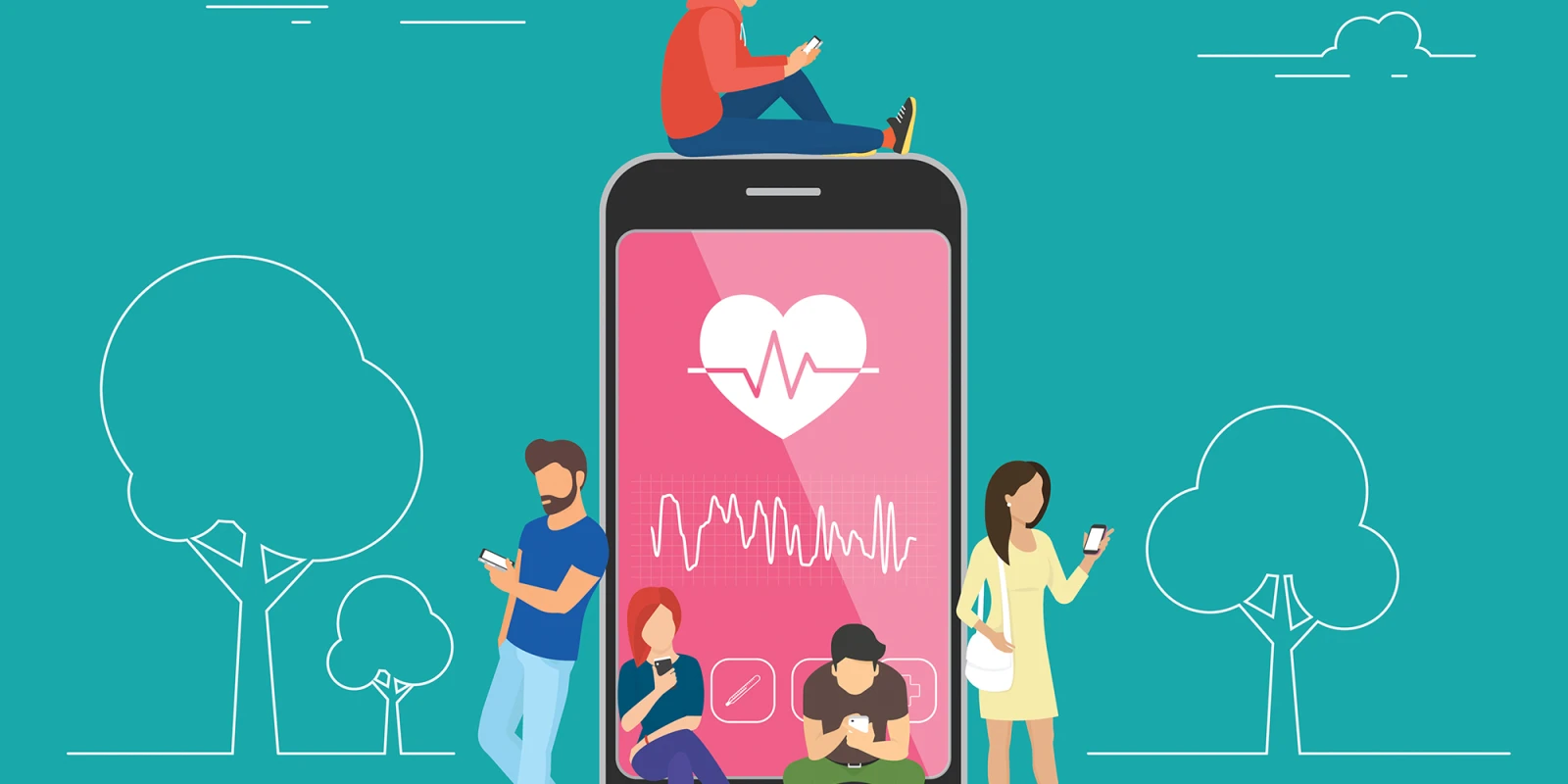
There have been many social media crazes that have caught fire simply from strategic marketing. It has got me thinking about the use of social media in medicine to create the same "craze" for public health initiatives. Is there a way to spark an interest and even obsession with health that ultimately leads to change?
Like any good marketing campaign, we in medicine need to meet people where they are. We need to create a "want" for something that people do not yet know they are missing in their lives. Public health initiatives are difficult because often we are asking people to care about their health before it is a problem or before they are symptomatic without creating a "want" to do so. Social media may provide a unique opportunity to spark interest in preventative measures because it can reach large numbers, spread by word of mouth, create dialogue, and influence people at a younger age. In other words, we need to make staying healthy trendy.
Many of us being connected to the internet in one way or another on a daily basis is one way that trends spread so quickly. While on the internet, we are constantly bombarded with advertisements. Sometimes these influences are so subtle that we are not even aware of how they shape our thoughts and decisions. We may see an ad for a deal at our favorite pizza shop, or how we can get a dessert for free if we come in for a meal at a local restaurant. Suddenly, we are craving pizza or a piece of cake. We can try to counteract these negative influences on health with positive ones and even provide a new perspective on why taking care of the mind and body is so important. There are already people who take pictures of their meals and post them on Instagram, as well as rave about new fitness routines. Why not link these to health initiatives? Visuals are sometimes the best way to influence choices.
Not only can social media provide a way to "market" preventative measures in healthcare, but it is also a constant environment for communication and support. Rather than lecture people, we can create a partnership. There need not be shame or guilt used to create change in lifestyle. I have spoken to many who do not want to talk to their physicians about smoking, weight, and poor exercise tolerance because they feel judged rather than supported. One critical feature of social media is that it is very accessible.
Whether good or bad, the internet is a place where many people feel less inhibited and can talk about things in a very candid way. This community can be used to leverage public health agendas. The support network can be a way to create an accountability system.
I have come to appreciate how important these support groups are. One of the most persuasive things in the journey to change is watching other people succeed. It becomes real. It becomes attainable. You stop feeling alone in the journey. This can be very powerful. For example, lifestyle modification is a lifelong change. There is no quick fix. There has to be a dedication to fundamentally change in a relationship, whether it's with food, exercise, alcohol, tobacco, or drugs. It is easy to fall back into old habits, but with the use of social media, you can remove the barrier of isolation. You can see and read about the paths of others. There is an authenticity that cannot be replicated. Nothing can compare to the connection of others that share in similar life experiences and struggles.
You may be wondering if social media is even applicable to many of the patients we care for and I would argue that it still can be a useful tool. Yes, many patients may not be a part of the millennial and baby-boom generations, but they often have loved ones that are young and involved with social media. These family members can become their health advocates and even serve as reminders of the importance of lifestyle changes and staying compliant with medications. To be honest, we may even be underestimating how much our patients use the internet and social media.
I propose that we think outside of the box when trying to address the rising rates of obesity and all the health consequences that come with it. I argue that social media can be a friend rather than a foe in medicine because it has a wider impact than one-on-one encounters, can create supportive communities, reach people at a younger age, and touch the lives of many, as it is very accessible. Change is really hard when done alone and at an older age when illness has already started. Let us not wait any longer: change starts today.
Dr. Fola Babatunde is a Cardiology fellow at the Washington University School of Medicine in St. Louis. She graduated from Harvard Medical School and completed her residency at Duke University Medical Center. Dr. Babatunde is a 2018–19 Doximity Author.





